The book provides perspectives on inter linkages between fertility, mortality, contraception, reproductive health, and socio-economic and cultural factors in slum population groups in Delhi. Multivariate analysis of survey based data from five selected slums of Delhi reveals strong inter connections amongst crucial demographic parameters namely marriage-age, fertility, contraception, fetal-wastage, and infant and child mortality. Thereby the study reveals linkages between the demographic parameters and critical components of reproductive and child health (RCH) care viz. antenatal and delivery care utilization, children’s immunization and women’s reproductive tract infections. Furthermore, the study reveals that the demographic employment and education, husbands’ occupational hierarchies, standards of living, etc. but also by cultural factors like religious and caste affiliations, and deep rooted son-preference in the Indian society. Econometric analysis in the study facilitates prioritization of RCH components like antenatal and delivery care and children’s immunization bearing strong impacts on neonatal and post neo-natal components of infant mortality, and child and maternal mortality, which in turn bear significant and inhibitive impact on wanted component of total fertility. Furthermore, informed choice of contraceptives usage facilitates drastic reduction in unwanted component of total fertility. Authors provide conclusive evidence that women’s education and gainful employment and alleviation of deep rooted son-preference in the Indian society would certainly enhance RCH care utilization and facilitate fertility control with externalities like reduced incidence of reproductive tract infections. Widespread accessibility, affordability and utilization of the RCH care amongst slum settiers would facilitate quicker achievement of the national population policy’s objectives of provision of quality healthcare, contraception, fertility control and population stabilization amongst under-served slum population groups in metros of India. This book with perhaps the first effort to apply econometric techniques to the survey based data towards prioritization of alternate factors for enhancement of RCH care utilization and fertility control will interest professional population scientists, policy makers and implementers, and non-governmental organizations and those studying the inter linkages between basic demographic, socio-economic and cultural parameters.
Population, Health and Human Resources in Indias Development
As a part of its Golden ...
$100.80
$112.00


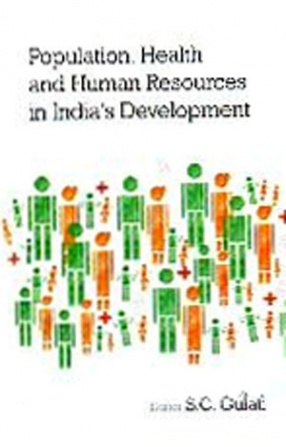
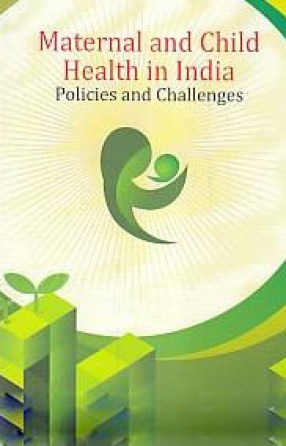
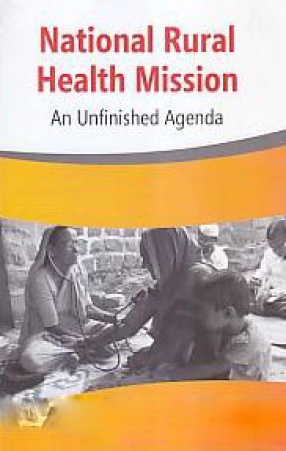

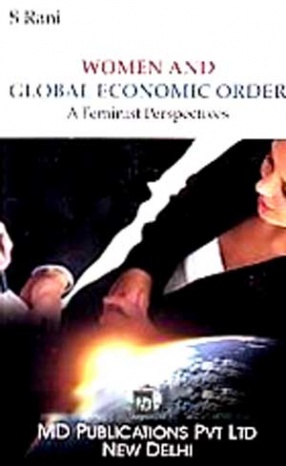
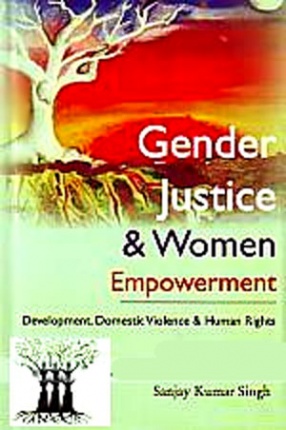
There are no reviews yet.